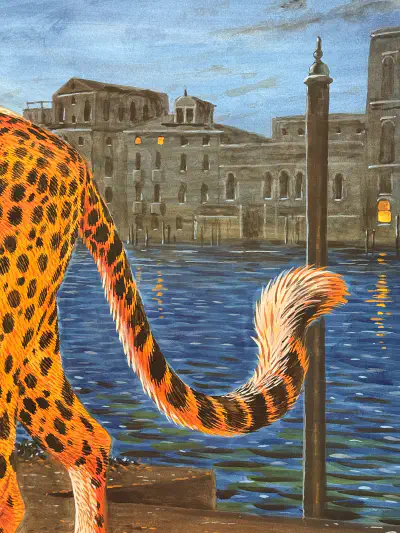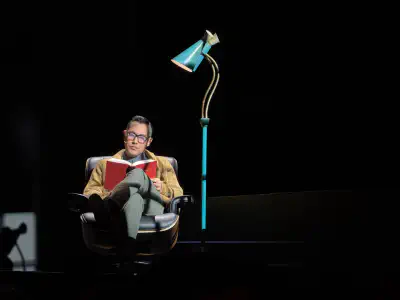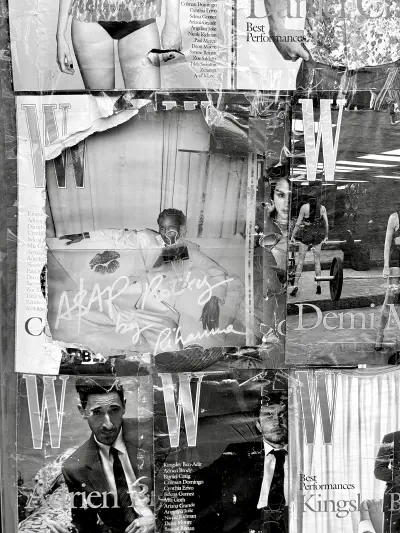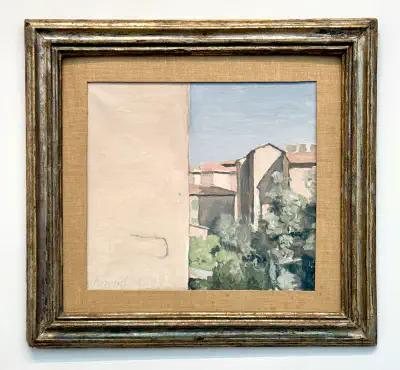
Arriving in complete stillness at Emerald Lake.

Arriving in complete stillness at Emerald Lake.
For the first time in my life, I had paper and ink. I was beside myself. I found a straight stick and shaved it to a point and scratched a groove on one side. I put the paper on my lap, dipped my stick into the ink and wrote the alphabet. I printed letters as I had seen them in books, slowly, clumsily. Then I wrote my first words. I wanted to be certain that they were mine and not some I had read from a book in the judge’s library. I wrote:
I am called Jim. I have yet to choose a name.
In the religious preachings of my white captors I am a victim of the Curse of Ham. The white so-called masters cannot embrace their cruelty and greed, but must look to that lying Dominican friar for religious justification. But I will not let this condition define me. I will not let myself, my mind, drown in fear and outrage. I will be outraged as a matter of course. But my interest is in how these marks that I am scratching on this page can mean anything at all. If they can have meaning, then life can have meaning, then I can have meaning.

“For my friend Fong,” he says, and begins singing John Denver. If you didn’t know it already, now you do: old dudes from rural Taiwan are comfortable with their karaoke and when they do karaoke for some reason they love no one like they love John Denver.
Maybe it’s the dream of the open highway. The romantic myth of the West. A reminder that these funny little Orientals have actually been Americans longer than you have. Know something about this country that you haven’t yet figured out. If you don’t believe it, go down to your local karaoke bar on a busy night. Wait until the third hour, when the drunk frat boys and gastropub waitresses with headshots are all done with Backstreet Boys and Alicia Keys and locate the slightly older Asian businessman standing patiently in line for his turn, his face warmly rouged on Crown or Japanese lager, and when he steps up and starts slaying “Country Roads,” try not to laugh, or wink knowingly or clap a little too hard, because by the time he gets to “West Virginia, mountain mama,” you’re going to be singing along, and by the time he’s done, you might understand why a seventy-seven-year-old guy from a tiny island in the Taiwan Strait who’s been in a foreign country for two-thirds of his life can nail a song, note perfect, about wanting to go home.

Tutto is [Ford’s] first body of work to focus on a single individual: the eccentric Milanese heiress Luisa Casati (1881–1957). Depicting the exotic animals that she kept, Ford portrays her years in Venice shortly before World War I.
Known as La Marchesa, Casati was one of Europe’s wealthiest women and is legendary for her extravagant pursuit of aesthetic extremes and social recognition. Startled onlookers describe how she wore snakes as necklaces, walked with a pair of cheetahs in Venice’s piazzas, and attended an opera clad in a headdress of peacock feathers that were stained with the blood of a freshly killed chicken.
The show was plenty enjoyable with memorable tunes, but for me it fell a bit short of the lavish praise it’s been receiving. While watching I found myself repeatedly thinking about Kazuo Ishiguro’s Klara and the Sun and missing that novel’s more interesting explorations of similar topics. The show also slows down through its second half and overexplains its ending.

The set design is Ring-esque both in terms of its playfulness and creativity and how it ultimately distracts and inserts itself as an unwanted character. It also results in the most punitive sightlines of any show I’ve seen. If you aren’t center orchestra or mezzanine, you will feel excluded from the show at times. The unnecessarily large proscenium frame and hard right angles of the rooms are the main culprits; I don’t understand why they didn’t cheat the angles outwards towards the wings.


This painting shows the view through the window of Morandi’s now-renowned studio in Bologna, a sacred place for his artistic production. Morandi’s growing inclination toward abstraction is evidenced in this 1954 work by its distinct dividing line: the imposing presence of a light-colored wall, which occupies nearly half of the left side of the painting. The wall serves only to animate the right side of the work.
A brilliant constraint and framing.

At the west portal of the U Bein Bridge.
Our “present” does not extend throughout the universe. It is like a bubble around us.
How far does this bubble extend? It depends on the precision with which we determine time. If by nanoseconds, the present is defined only over a few meters; if by milliseconds, it is defined over thousands of kilometers. As humans, we distinguish tenths of a second only with great difficulty; we can easily consider our entire planet to be like a single bubble where we can speak of the present as if it were an instant shared by us all.
‘Is there anything you would not give me?’ she had once asked.
‘Nothing,’ he had said, instantly. ‘There is nothing.’
For some reason, she had kept looking at him, and had waited.
‘Well,’ he had said, clearing his throat. ‘Maybe the land. I wouldn’t want to give you the land.’
Have you ever had a great day? The kind of day so great it imbues every single sad or boring or terrible day that came before it with deep meaning because from where you stand on this great day, all those days were secretly leading to this one?
A good friend recommended this series and it did not disappoint. Raising a teeny ’tini to one of the most sincere and moving shows I’ve watched in a long time.